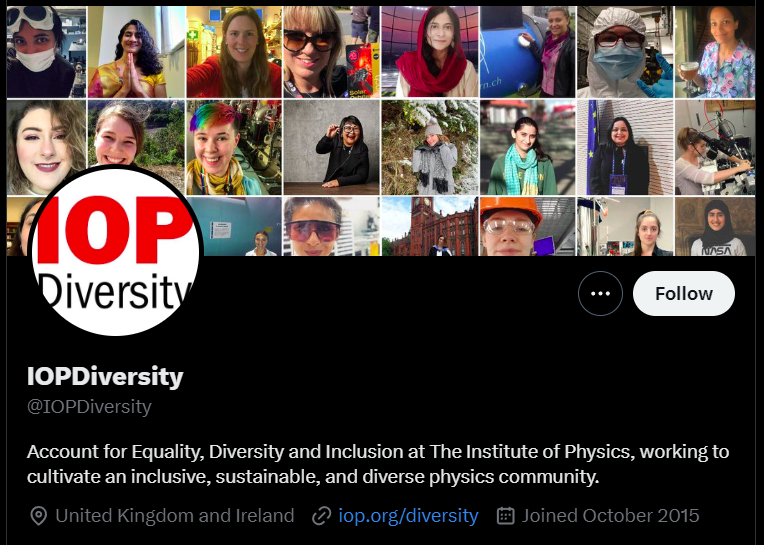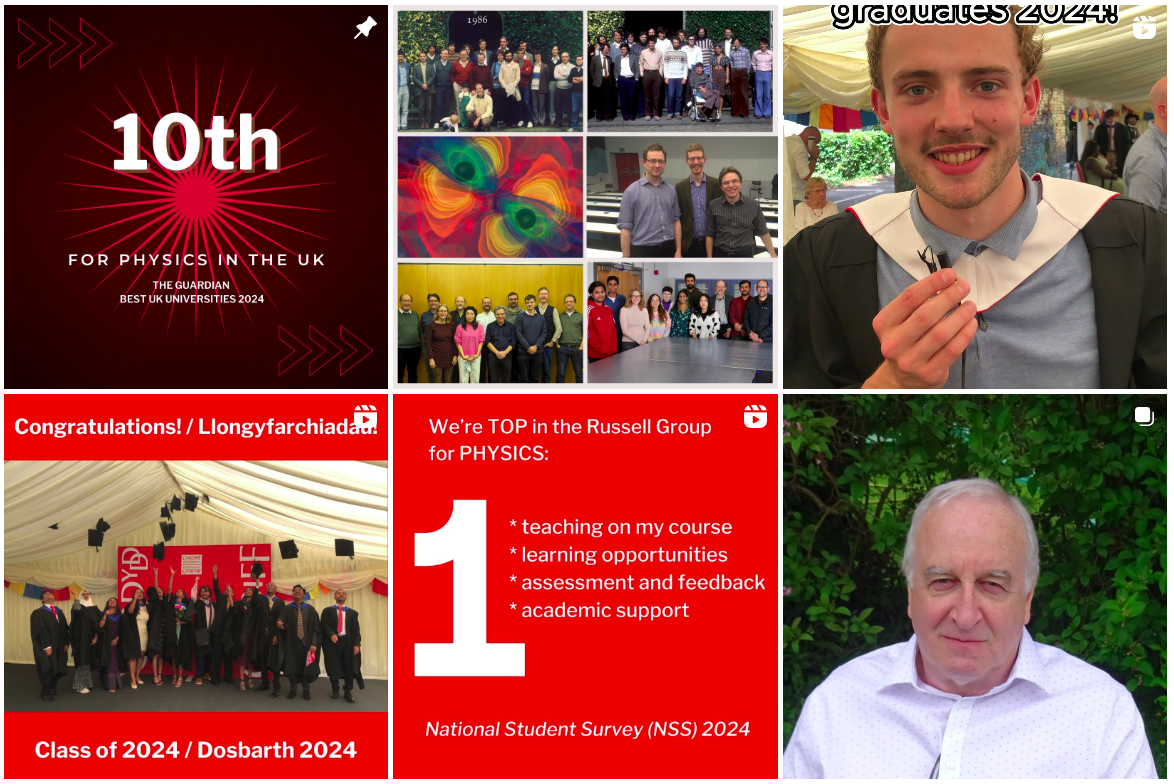Unravelling the Universe to the students at Howell’s School
10 March 2020By Lucy Haslam
We present below an account by Lucy Haslam on what messages she took away from the talks given by three Physics & Astronomy PhD students from Cardiff University. Lucy is a student at Howell’s (GDST) School based in Cardiff, and currently studying in Year 12.
On Tuesday 25th February 2020, three PhD students, Gayathri Eknath, Jenifer Millard and Rhiannon Lunney, from Cardiff University delivered three very different but equally inspiring talks about physics, life as a PhD student and their path to where they are today. With a diverse audience, from Year 11s who have yet to decide on their A level options, to Year 13s ready to set off next year for their chosen university, and to language and English teachers who have not touched a physics book for a long time, each presentation left everyone with a message that they could apply to their lives.

From left to right: Rhiannon Lunney, Jenifer Millard, Gayathri Eknath.
Gayathri started with cosmology and galaxy evolution. We learnt about the Big Bang, and how the universe is expanding at an accelerated rate. A key message taken from this presentation was on the very first slide: learning is messy and not always straightforward. Mapped on the board was her confidence in her academic work year by year, showing a lot of highs and lows throughout her life; this showed us that, even though there’ll be bumps on the road, it is possible to get where you would like to go if you persist.
At very much the other end of the spectrum, quantum physics was the next exciting topic of discussion with Rhiannon. From superfluids that can climb walls to quantum dots in semiconductors, Rhiannon opened our eyes to the idea of quantum physics, something that is only touched upon at A-level.
Returning from miniscule to massive, Jenifer gave a detailed talk about her PhD research on exoplanets, planets that orbit stars other than our Sun. Physicists can prove an exoplanet’s existence by observing a small drop in light intensity coming from the star it orbits, which shows that a planet is orbiting it as it blocks out some of the light from the star. It was interesting to see how much tiny changes in light intensity can show where a planet is in its orbit as well. Jeni’s talk also highlighted the benefits that doing a PhD can bring, such as being able to travel all the way to South Africa to conduct research.
As a girl who loves maths, physics and chemistry, important messages that I took from the event are that you don’t need to worry if you are not yet fascinated by a particular topic in physics, and that you shouldn’t allow your gender or background stop you from doing physics. Ultimately, if you really enjoy maths and physics, you are likely to enjoy a physics degree.
The presentation ended on a thought-provoking note, with Gayathri being posed a question about the speed of light – something that could definitely not be answered in the remaining 5 minutes! That, in itself, is a reason to consider doing a physics degree.


